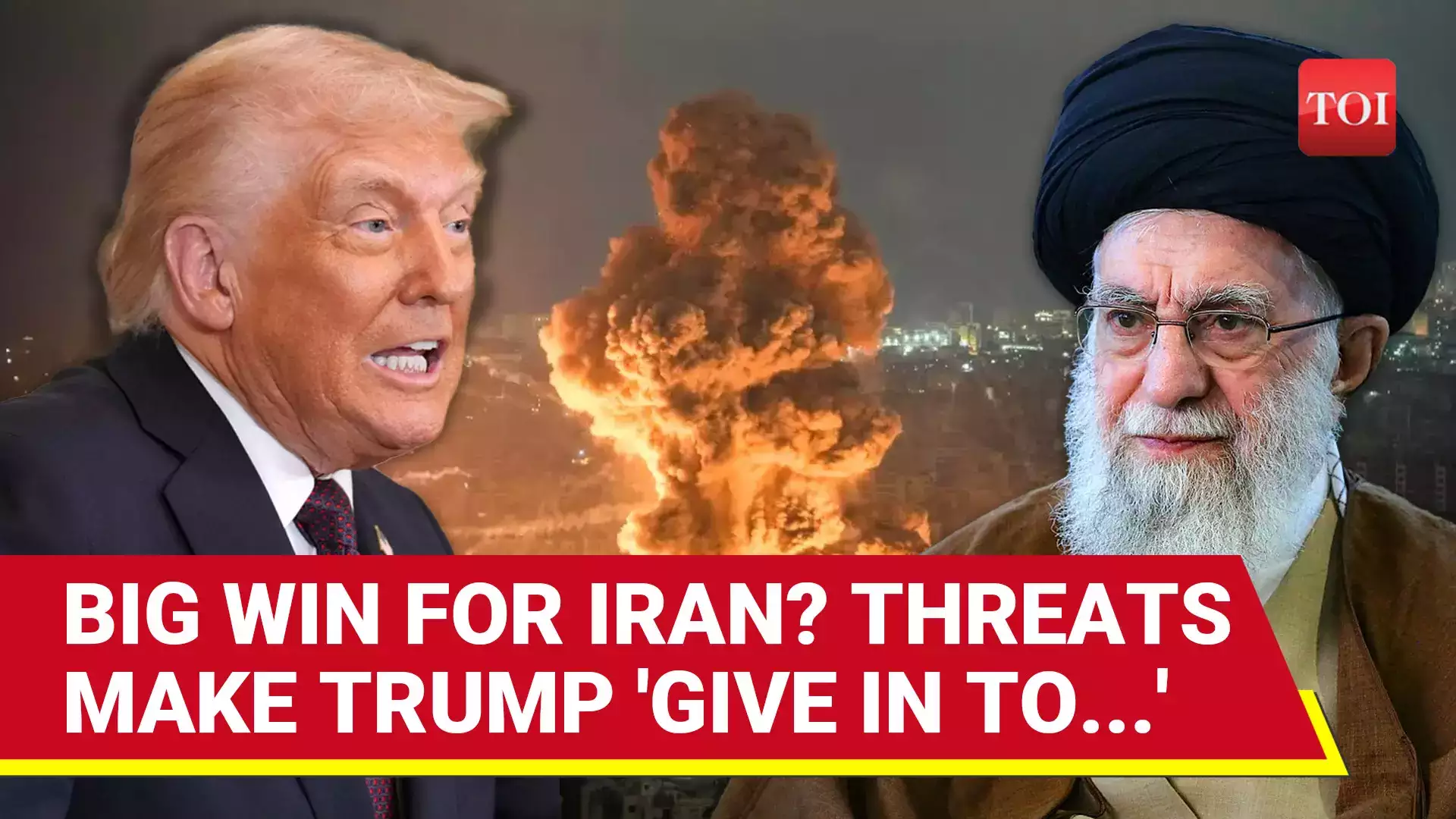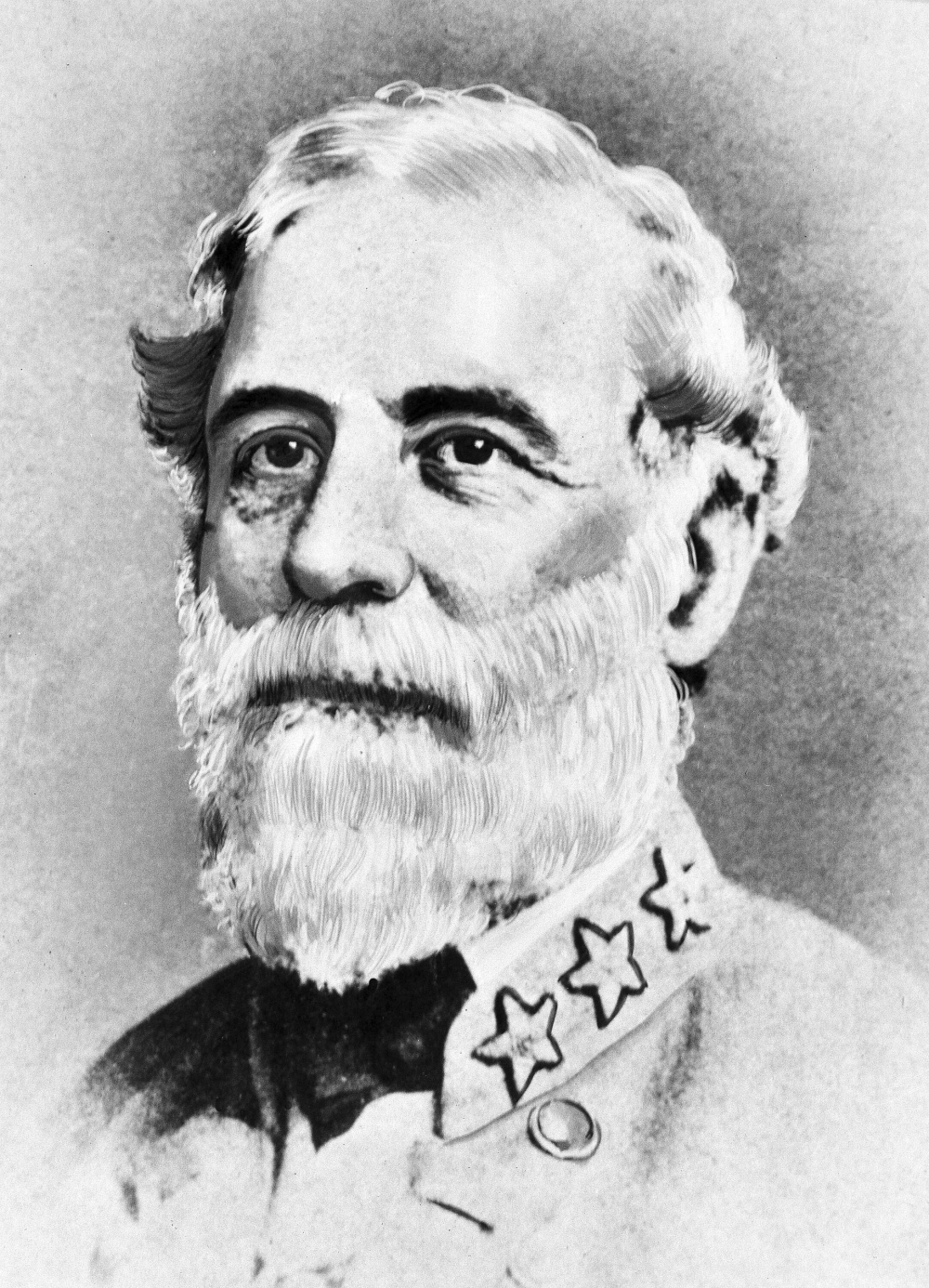
LILONGWE-(MaraviPost)-The USA President Donald Trump has once again stirred controversy with his latest remarks about his political future.On Sunday, he stated that he was “not joking” about the possibility of seeking a third term in office.This statement immediately sparked widespread debate and concern across the political spectrum.
Trump further suggested that there were “methods” by which he could circumvent the constitutional two-term limit.His comments have raised questions about whether he is seriously considering challenging one of the fundamental democratic principles of the United States.The U.

S. Constitution, through the 22nd Amendment, explicitly limits presidents to two terms in office.The amendment was ratified in 1951 following the four-term presidency of Franklin D.
Roosevelt.Roosevelt was the only U.S.
president to serve more than two terms, holding office from 1933 until his death in 1945.His extended tenure led lawmakers to impose a formal restriction on how long a president could remain in power.The 22nd Amendment was introduced to prevent any future leader from consolidating power indefinitely.
It was designed to uphold the democratic principle of periodic leadership change, ensuring that no single individual could dominate the executive branch for too long.Prior to Roosevelt, presidents had traditionally followed the precedent set by George Washington, who voluntarily stepped down after two terms.Washington’s decision established an unwritten rule that limited presidents to two terms, reinforcing the idea of a peaceful transfer of power.
Trump’s recent remarks challenge this well-established norm, raising concerns about the stability of democratic institutions in the U.S.Some political analysts argue that his statement is nothing more than political posturing aimed at energizing his base.
However, others warn that normalizing the idea of a third term could set a dangerous precedent for future leaders.Throughout U.S.
history, no president has successfully overturned the two-term limit since the 22nd Amendment was enacted.Even popular presidents such as Ronald Reagan and Barack Obama acknowledged the constitutional restriction and never attempted to defy it.Amending the U.
S. Constitution is an extremely difficult process, requiring approval from two-thirds of both the House and Senate.Additionally, three-fourths of the states must ratify any constitutional amendment before it becomes law.
Given the political divisions in the U.S., the likelihood of successfully amending the 22nd Amendment is extremely low.
Trump’s remarks may also be seen as a test to gauge public reaction and determine how much support he could garner for such an idea.His influence over the Republican Party remains strong, with many of his supporters still believing in his leadership.However, even within his party, there are those who strongly oppose any attempt to undermine constitutional limits.
The principle of limited presidential terms is a safeguard against authoritarian rule, ensuring that no leader remains in power indefinitely.Trump’s suggestion of finding “methods” to bypass this limit raises concerns about the future of American democracy.Legal scholars argue that any attempt to violate the 22nd Amendment would lead to a constitutional crisis.
The U.S. Supreme Court would likely be involved if any legal challenge to the two-term rule were initiated.
Public reaction to Trump’s statement has been mixed, with some dismissing it as rhetoric and others taking it as a serious threat.If Trump were to attempt a third term, it would be one of the most significant constitutional challenges in modern U.S.
history.For now, the 22nd Amendment remains in place, ensuring that presidential power remains limited.Trump’s latest comments highlight the ongoing debate over executive authority and the resilience of U.
S. democratic institutions.Regardless of his intentions, his remarks serve as a reminder of the importance of protecting constitutional limits on power.
As the 2024 election approaches, discussions about presidential term limits and executive power will likely intensify.Trump’s ability to influence American politics remains strong, but the Constitution remains the ultimate check on any leader’s ambitions.The future of the presidency will depend on whether American institutions continue to uphold the principles of democracy.
For now, Trump’s third-term ambitions remain a political talking point rather than a legal reality.The American people and the legal system will ultimately decide whether such an idea has any place in the country’s democratic framework.The post Trump’s third-term remarks: A Challenge to the 22nd amendment? appeared first on The Maravi Post.
.















